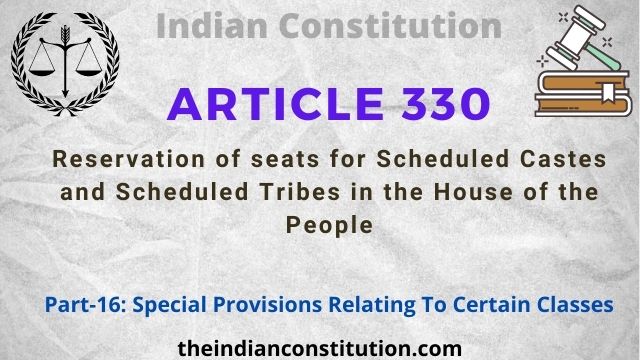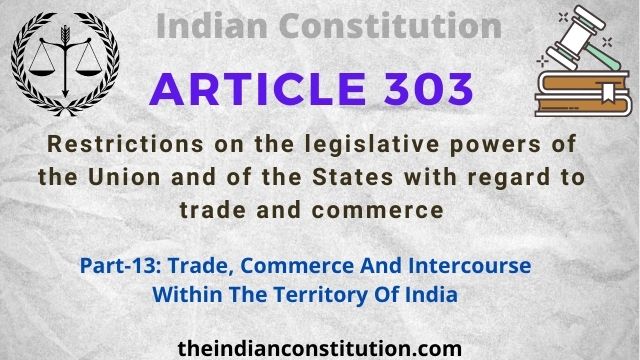Inter-Governmental Tax Immunities In India
Like any other federal Constitution, the Indian Constitution also contains the rule of ‘immunity from mutual taxation’ and makes the following provisions in this regard:
Exemption of Central Property from State Taxation The property of the Centre is exempted from all taxes imposed by a state or any authority within a state like municipalities, district boards, panchayats and so on. But, the Parliament is empowered to remove this ban.
The word ‘property’ includes lands, buildings, chattels, shares, debts, everything that has a monetary value, and every kind of property-movable or immovable tangible or intangible. Further, the property may be used for sovereign (like armed forces) or commercial purposes.
The corporations or the companies created by the o Central government are not immune from state taxation or local taxation. The reason is that a corporation or a company is a separate legal entity.
Exemption of State Property or Income from Central Taxation The property and income of a state is exempted from Central taxation. Such income may be derived from sovereign functions or commercial functions. But the Centre can tax the commercial operations of a state if Parliament so provides. However, the Parliament can declare any particular trade or business as incidental to the ordinary functions of the government and it would then not be taxable.
Notably, the property and income of local authorities situated within a state are not exempted from Central taxation. Similarly, the property or income of corporations and companies owned by a state can be taxed by the Centre.
The Supreme Court, in an advisory opinion24 (1963), held that the immunity granted to a state in respect of Central taxation does not extend to the duties of customs or duties of excise. In other words, the Centre can impose customs duty on goods imported or exported by a state, or an excise duty on goods produced or manufactured by a state.


